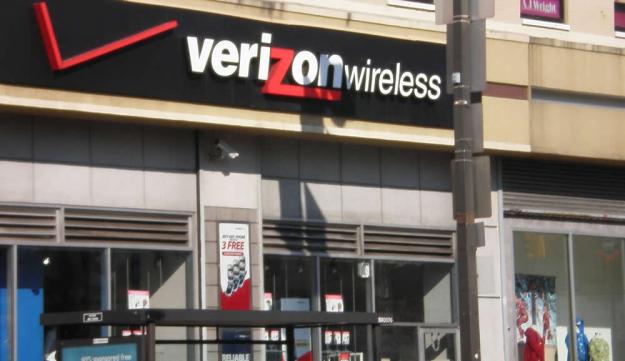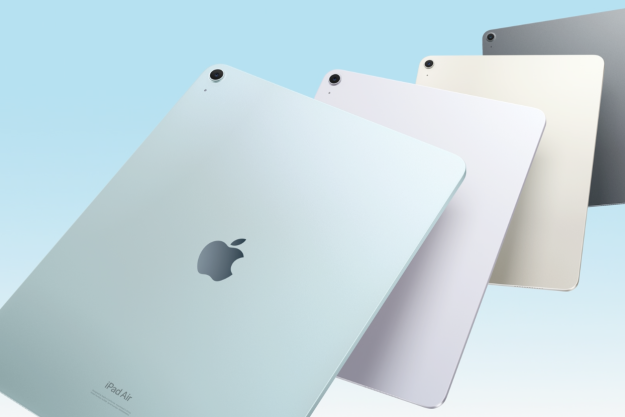
Detailed on NBC News this week, Verizon developers are currently working on a new project that can help parents keep an eye on their children’s cellular phone usage. Called Verizon FamilyBase, parents will need to load a special application on all wireless phones used within the family. The app provides a large amount of usage data to parents and allows them to view who a child is calling and texting as well as the time of the communication. However, parents won’t be able to view content within the text messages or listen to calls made over the child’s phone.

In addition to that data, parents will be able to view what applications are being used on the Verizon phone as well as the length of time those applications are active on the phone. For instance, parents will be able to see how much time kids are spending browsing Facebook or playing a game like Angry Birds.
Using the data, parents will be able to make more informed choices about their children’s phone privileges. The FamilyBase application also offers the ability to lock down a phone remotely which cuts off all access to voice calls, texting or data usage. However, a child will still be able to call emergency services if they are in serious trouble.
This could be particularly useful if the parent notices that the child is using the phone to constantly send text messages while in class. Parents will be able to set a specific length of time that the locked period will last or create a weekly schedule for automatic locking. After the locking process is initiated, the child will see a message on their phone stating that the phone will be unlocked at a specific time. According to Verizon, the FamilyBase service will become available during Spring 2013. The company hasn’t released any pricing information on the cost of the service.


